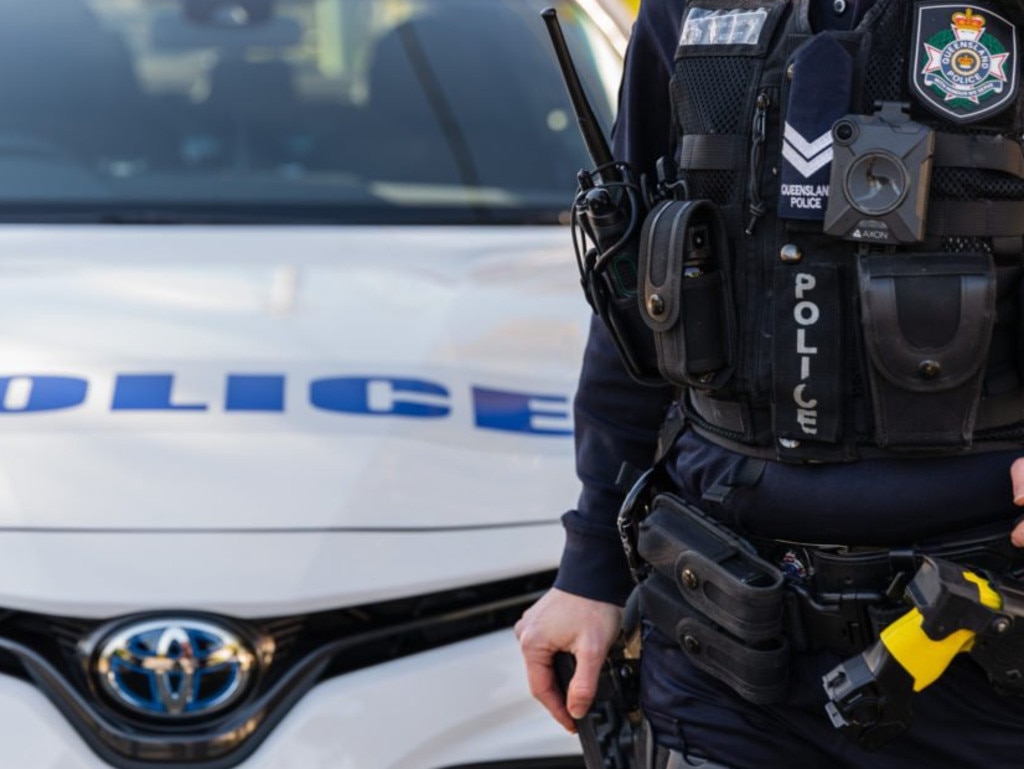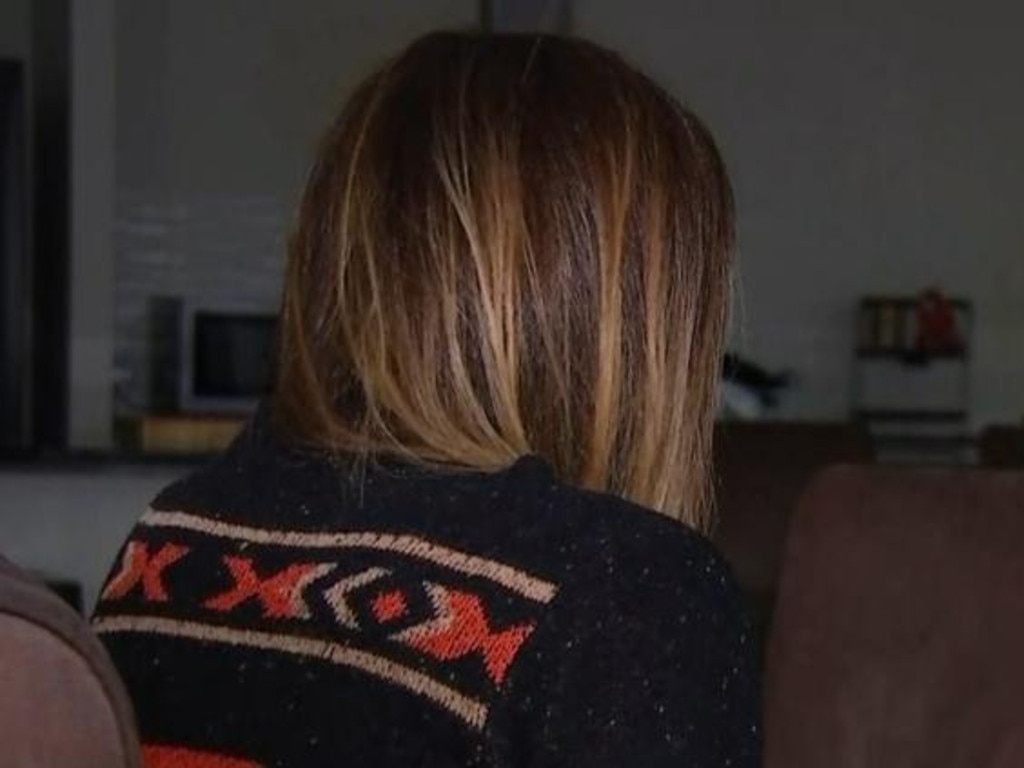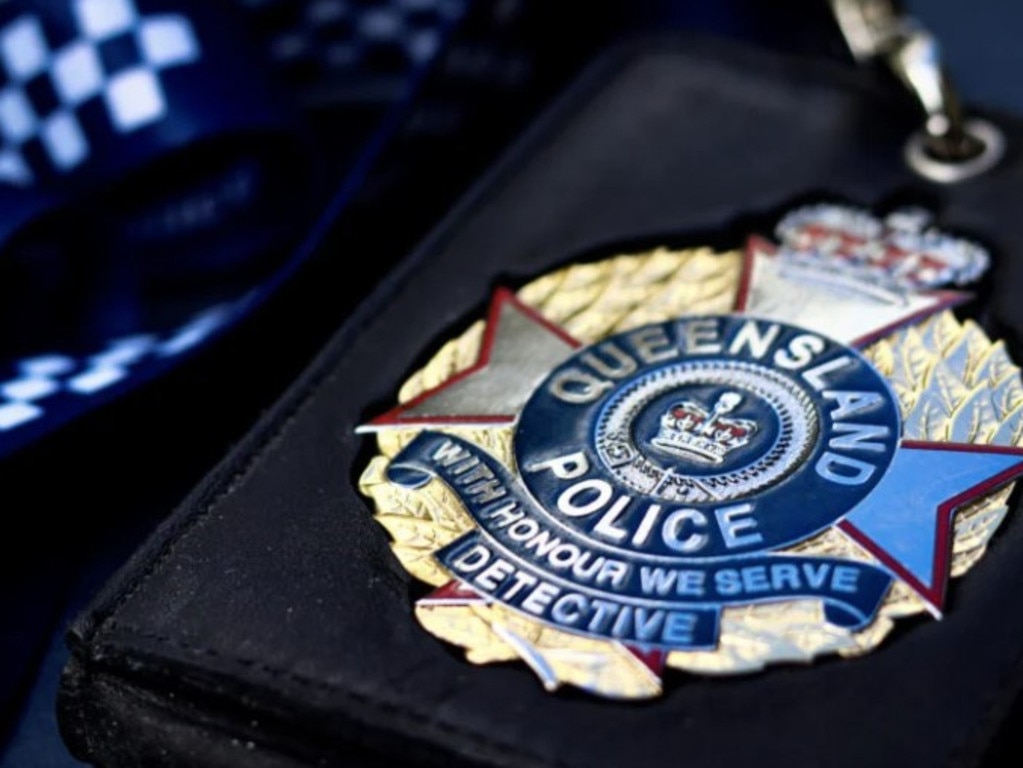‘This b*tch’: Queensland cops caught mocking domestic violence victim
A group of Gold Coast police officers have been heard mocking a domestic violence survivor in a sickening telephone recording.
A group of Gold Coast police officers have been heard mocking a domestic violence survivor in a sickening telephone recording.
The audio – shared by the Queensland woman, whose identity is protected, with 7News – was captured after she’d called them to her house for help earlier this year, alleging her ex-partner had broken in.
“I made a triple-0 call for a breach I believe was made by my ex-partner; police came over to investigate it. I had video recordings, security camera footage,” the woman said.
Upon arriving at her home, the woman alleges “one of the senior sergeants … was quite rude and intimidated me”, so she asked him to wait outside her home while police continued their investigation.
The senior constable in question later called the woman – leaving her a voicemail at 12.47am claiming there was not enough evidence to proceed with her complaint given her ex-partner had denied any wrongdoing.
After unknowingly failing to hang up, a cop can be heard saying: “This b*tch is going to be like, ‘What the f**k! What the f**k!’ You are so getting a complaint.”

“They can’t say ‘failed to investigate’,” another officer said while the others laughed in response.
The calling officer replied: “Nah, it’ll be that I wasn’t professional enough or some bullsh*t.”
The officers then joke about how the woman felt unsafe, with one saying: “It’ll probably be um, even your sergeant told you to get out.”

Horrified by the voicemail, the woman sent a complaint via email to a local police station, which a Queensland Police Service (QPS) spokesperson confirmed to news.com.au they received on April 22.
She said an officer replied to the woman, asking her to hear the voicemail and confirming that they would follow up with a supervisor.
The woman claimed she was ultimately told by police “that it was just office banter and they couldn’t proceed with anything”.
“It just makes me feel like, what’s the point? Why call them?” she said.
“It feels like when you’re in trouble that your neighbour is more likely to help you than the police.”
In a statement, the QPS spokesperson said the woman “was personally contacted by a senior officer, and an official apology was made by the officer involved”.
“At the time, the complainant advised police she was satisfied with the subsequent police contact and explanations provided,” they added.
“This interaction was officially recorded.”
The independent Commission of Inquiry into Queensland Police Service responses to domestic and family violence, the final report of which was released in November 2022, found “ample evidence” of cultural issues within the service “which inhibit the policing of domestic and family violence”.
“There is evidence that there is a lack of understanding of the dynamics of, and power imbalance within, domestically violent relationships,” Justice Deborah Richards, who led the inquiry, said in the report’s foreword.
Justice Richards said the commission had found “clear evidence of a culture where attitudes of misogyny, sexism and racism are allowed to be expressed, and at times acted upon, largely unchecked”.

“Complaints in relation to such treatment are brushed aside or dealt with in the most minor of ways, and those who complain are the ones who are shunned and punished,” she continued.
“It is hardly surprising that these attitudes are reflected then in the way that those police who hold them respond to victim-survivors.
“It is a failure of leadership of the organisation that this situation has been allowed to continue over many years unchecked.”
In February, Queensland Attorney-General Yvette D’Ath said the QPS has “still got a long way to go” in the way it responds to – and treats – domestic and family violence victims, especially in the face of rising incidence rates.
“It is about making sure … we do not have a system where victims are not willing to come forward and speak up because they do not believe they will be believed,” Ms D’Ath said.
“But often they are being retraumatised over and over again, and the system has got to change to stop that.”






